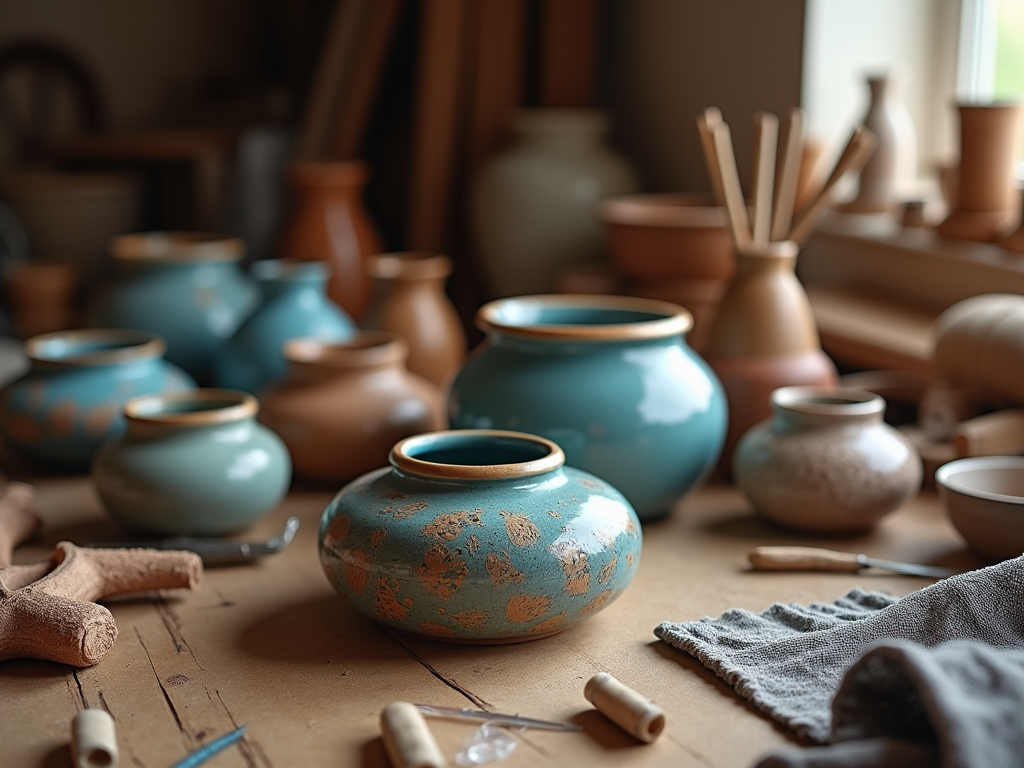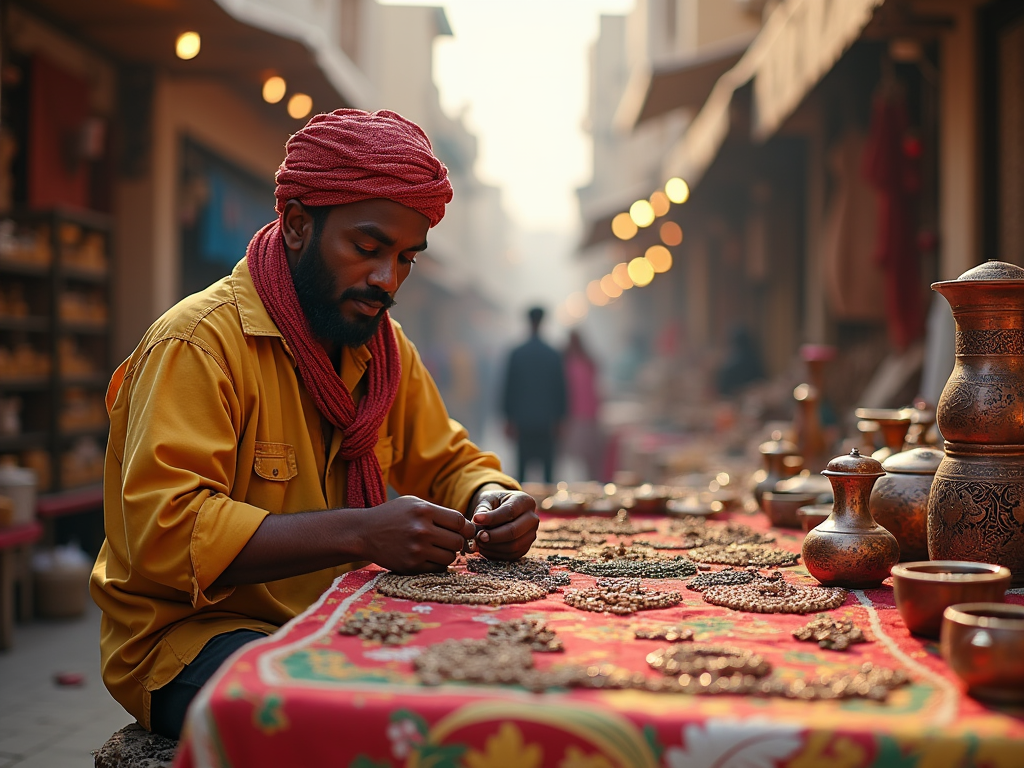Handicraft trading in Dubai offers enormous opportunities due to the city’s cultural diversity and its status as a global trading hub. As consumers increasingly seek unique, authentic products, artisans and traders find a thriving market for specialized handicrafts. This article will explore essential tips for successfully navigating the handicraft business landscape in Dubai, offering insights on marketing, sourcing, regulations, and effective strategies to engage local and international customers.
Understanding the Market

Before launching a handicraft business in Dubai, it’s crucial to understand the local market dynamics. The city thrives on its rich blend of cultures, which significantly influences consumer preferences. Researching popular handicrafts, preferred materials, and trending designs will give you a competitive edge. Additionally, consider these critical aspects:
- Demographics: Identify the primary audience for your products. Are you targeting tourists, expats, or locals?
- Competitors: Study what other handicraft businesses offer. Notice their pricing, marketing strategies, and product quality.
- Consumer Trends: Pay attention to current trends that may affect buyer behavior, such as the push for sustainable and eco-friendly products.
Sourcing Quality Materials

Quality materials are the backbone of successful handicraft products. Dubai’s vibrant markets, like the Dubai Souk, offer a plethora of sourcing options for artisans. Here are some tips for sourcing materials effectively:
- Local Suppliers: Build relationships with local suppliers for authentic, high-quality materials. Attending trade shows can help you meet potential partners.
- Cost Consideration: Analyze the cost vs. quality of materials. Sometimes investing a little more upfront in your materials can lead to higher sales.
- Importing Materials: If you require specific materials not available locally, research customs regulations and import duties.
Marketing Your Handicrafts
Effective marketing is essential to stand out in Dubai’s competitive handicraft market. Innovative marketing strategies can help you reach both local and international audiences. Here are some suggestions:
- Online Presence: Establish a strong online presence through a well-designed website and active social media accounts. Platforms like Instagram and Facebook are particularly useful for visually showcasing your products.
- Networking: Attend local craft fairs, exhibitions, and cultural events to connect with potential customers and other artisans.
- Collaborate with Influencers: Partnering with local influencers who appreciate handicrafts can significantly boost your visibility and credibility.
Understanding the legal aspects of starting a business in Dubai is vital for ensuring smooth operations. Familiarize yourself with regulations regarding handicraft trading, such as licensing requirements and customs regulations. Here are some essential steps:
- Licensing: Apply for the necessary licenses, such as a trade license, specifically for selling handicrafts.
- Intellectual Property: Protect your designs through trademark registration if your products have unique features.
- Customs Compliance: Make sure to comply with all import/export regulations to avoid legal issues.
Building Relationships with Customers
Building strong relationships with customers is crucial in the handicraft trading business. This fosters customer loyalty and encourages repeat purchases. Here’s how you can cultivate these relationships:
- Active Communication: Engage with customers through newsletters, social media, and direct communication. Listen to their feedback to improve your offerings.
- Personalized Service: Offer personalized services, such as custom orders or tailored recommendations based on past purchases.
- Community Engagement: Participate in community events and workshops to create a presence and demonstrate your commitment to local culture.
Conclusion
Handicraft trading in Dubai presents significant opportunities if approached with the right knowledge and strategy. Understanding market dynamics, sourcing quality materials, implementing effective marketing strategies, navigating regulations, and building strong customer relationships are key to thriving in this competitive landscape. By combining creativity with strategic business practices, artisans can establish successful and sustainable handicraft enterprises in Dubai.
Frequently Asked Questions
1. What types of handicrafts are popular in Dubai?
Popular handicrafts in Dubai include traditional textiles, pottery, jewelry, and wooden crafts. The demand for eco-friendly and unique products has also been growing.
2. How can I price my handicrafts effectively?
Consider factors like material costs, labor, market demand, and competitor pricing. Aim for a balance that reflects the quality of your products while remaining competitive.
3. Are there online platforms for selling handicrafts in Dubai?
Yes, platforms like Etsy, Souq.com, and even social media marketplaces allow artisans to showcase and sell their handicrafts online.
4. What legal requirements must I fulfill to start a handicraft business in Dubai?
You will need to acquire a trade license, comply with health and safety regulations, and, if necessary, register patents or trademarks for your designs.
5. How can I promote my handicraft business locally?
Participating in local exhibitions, collaborating with influencers, utilizing social media, and offering workshops are all effective ways to promote your business in Dubai.
